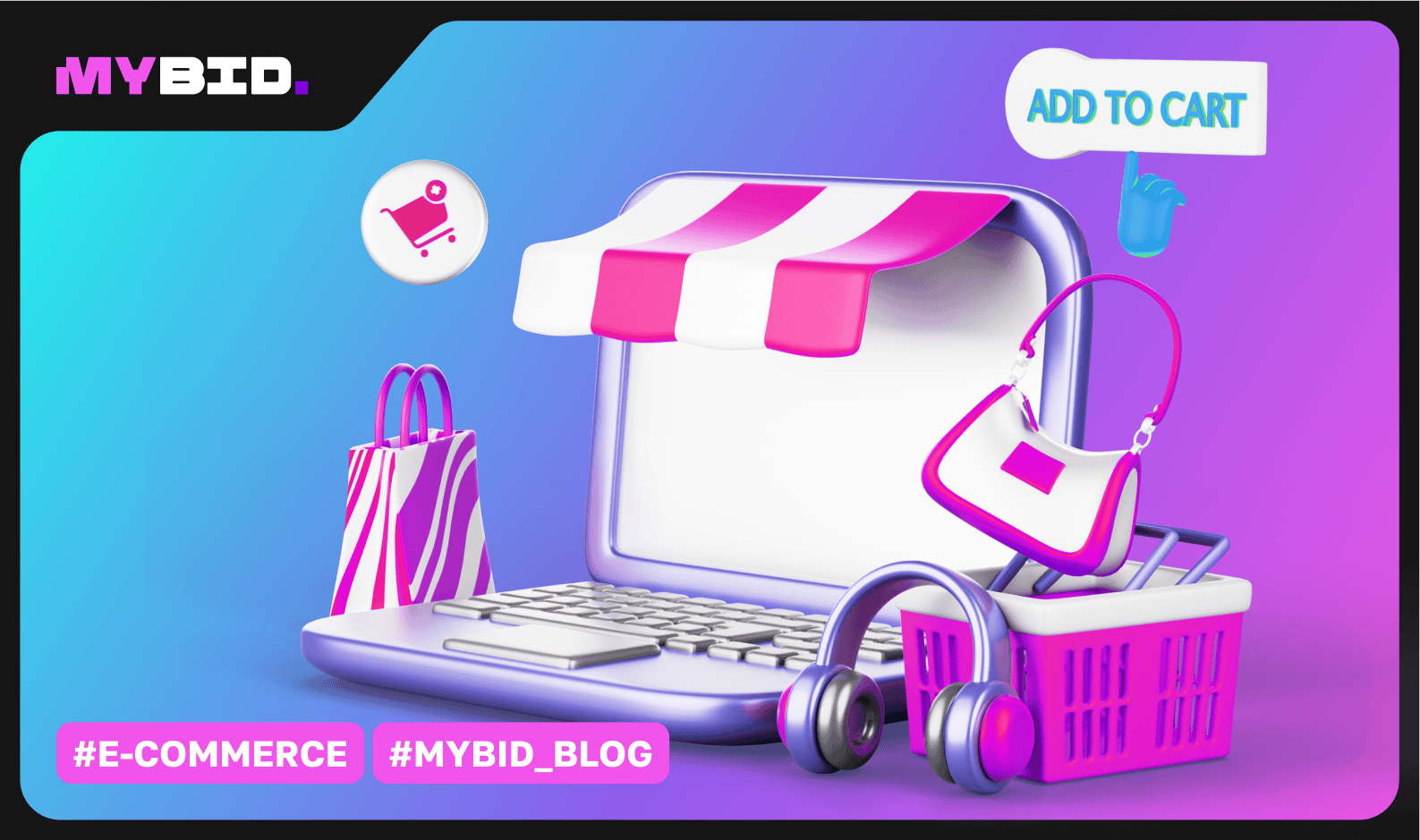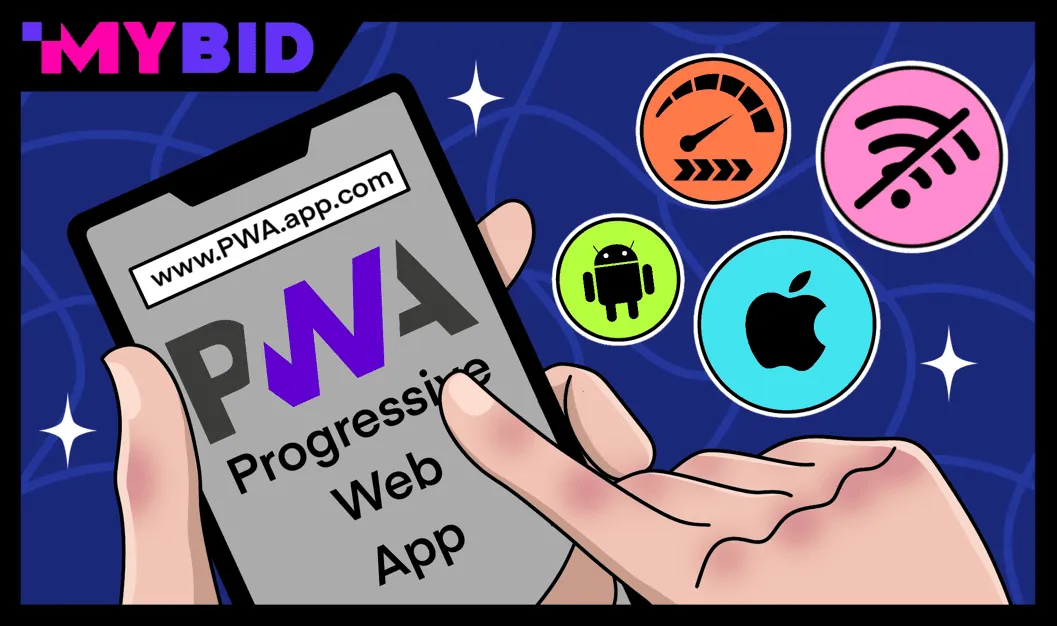The success of any business ultimately boils down to how many products or services it sells. And it's not just about making sales; consistent growth is the real game-changer. It's the key to financial success and what every company or online store aims for. But let's face it, there are plenty of challenges along the way. Customers have their own preferences and rely on recommendations from their friends when choosing where to shop. So, it's crucial to pay attention to every detail and make sure you're meeting as many customer needs as possible. While having a great website, offering high-quality products, and providing excellent customer support are important, they're not the only things that guarantee success.
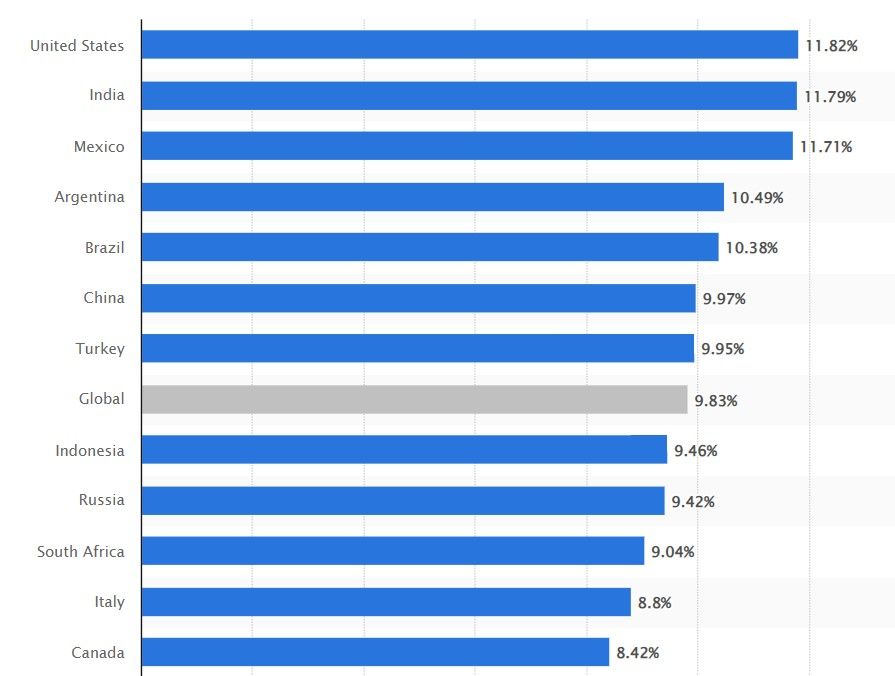
In this article, we'll share some practical strategies that can make a real difference in turning a casual website visitor into a loyal customer who not only buys from you but also keeps coming back for more.
Top 25 ways to increase sales on your website
Next, let's explore 25 methods that you can apply to your online store to make it more appealing to customers and boost sales.
1. Contacts and communication options
Every potential buyer has their preferences when it comes to placing an order online. Some prefer minimal human interaction, with the entire purchasing process taking place on the website: adding items to the cart, confirming via messenger, agreeing on a delivery date, and receiving the item on time. Others may require live consultations to ensure they've made the right product choice. The key is to provide multiple channels for ordering goods, such as instant messengers, a website shopping cart, a chatbot, and a phone number for inquiries.

2. Legitimacy of your business
First-time visitors to your site may have concerns about whether your store is trustworthy and your products are genuine, especially if you're new to the market and lack reviews or an established reputation. To build trust, make sure your website includes all the necessary legal information that users can verify on relevant sites. Ideally, provide a landline, physical address, or showroom to further enhance trustworthiness.

3. Specificity
The more specific your sales proposition, the better. In most cases, buyers know exactly what product they need and why they've come to your site. That's why it's crucial to provide specific and detailed descriptions of your product range. For example, if it's a children's toy, mention the materials used and emphasize its safety. If it's a complex piece of technology, highlight the most important features. Consider adding pop-up tooltips on your online store to provide additional information without cluttering the site or requiring users to search elsewhere before making a purchase.
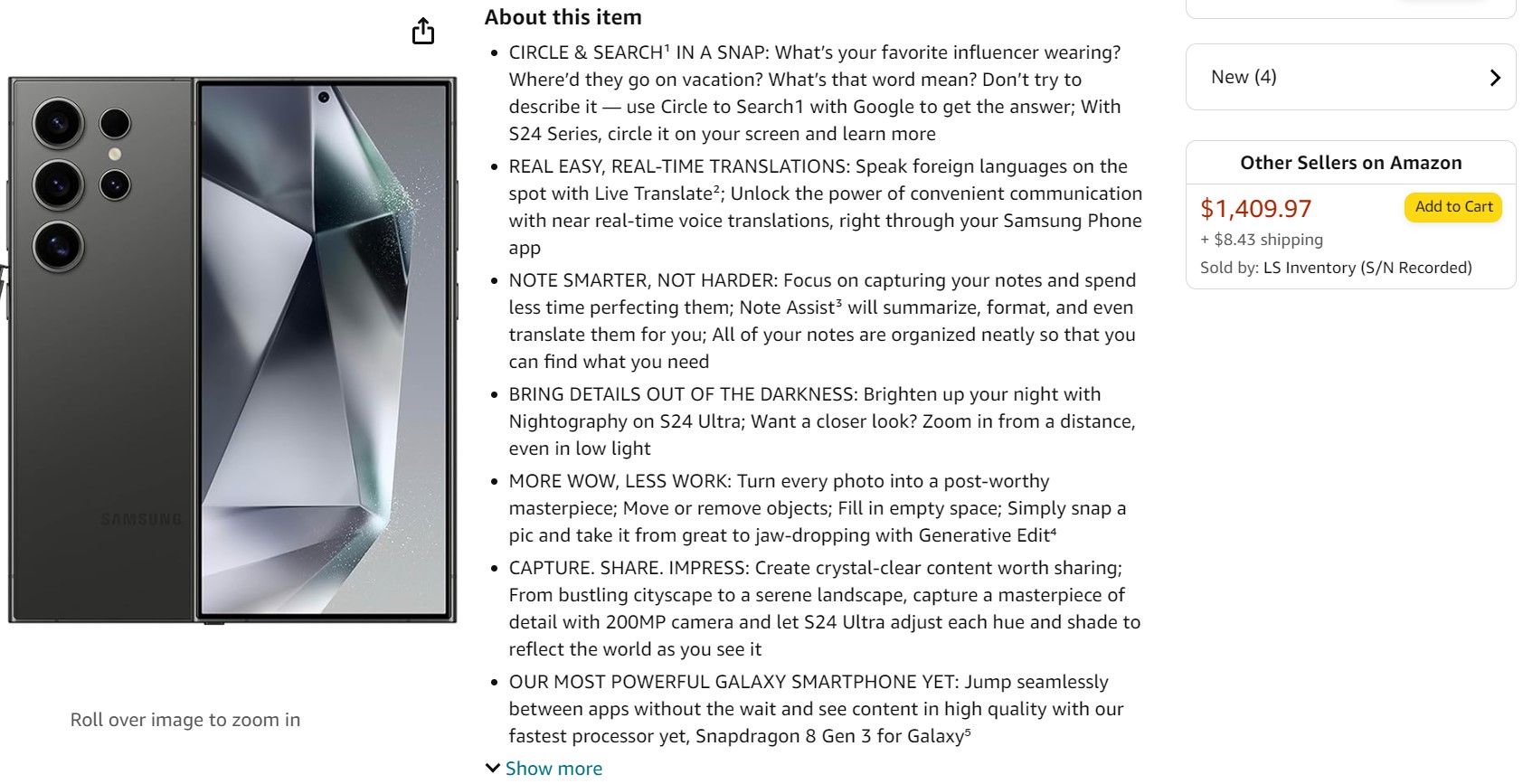
4. Collection of personal data
In today's digital world, users' personal data is highly valuable. While many corporations offer incentives for users to register on their sites, some people may be reluctant to provide their information. To address this, it's better to collect data in a more native and less intrusive manner. Instead of saying, "Leave your number, and we'll call you back," opt for a message like, "Contact us through any convenient channel, and we'll be happy to assist you with any inquiries." This approach also serves as a compelling call to action.
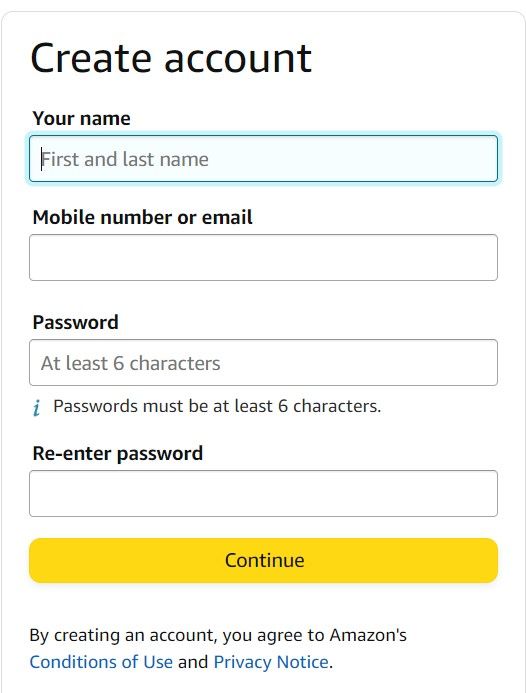
5. User-friendly interface and design
The convenience of your website for shopping is a crucial factor in driving online sales. If your pages load slowly or if it's difficult to find the desired products, potential customers may abandon your site before even exploring your offerings. Therefore, ensure that all elements are intuitively placed in convenient locations. In particular, make sure that the "Buy" or "Place an Order" buttons are prominently displayed near the product, as many visitors won't scroll down if they don't immediately see what they're looking for.
6. Advertising
Promoting awareness of your online store's website can be achieved through various advertising methods. It doesn't always require a massive advertising budget. You can create a themed social media group or forum profile to discuss your store, products, and successful purchases. Targeted advertising, contextual advertising, and integration with relevant platforms are also effective strategies. The choice of tools and methods depends on the specific niche in which you operate.
7. Analytics
Analytics tools are invaluable for understanding user behavior and motivations on your store's website. Often, a significant number of potential buyers drop out at certain stages of the sales funnel, such as when filling in contact information or during the checkout process. Analytical platforms provided by major search engines and social networks offer powerful insights to help you make data-driven decisions. These platforms have evolved into robust advertising tools that generate substantial revenue.
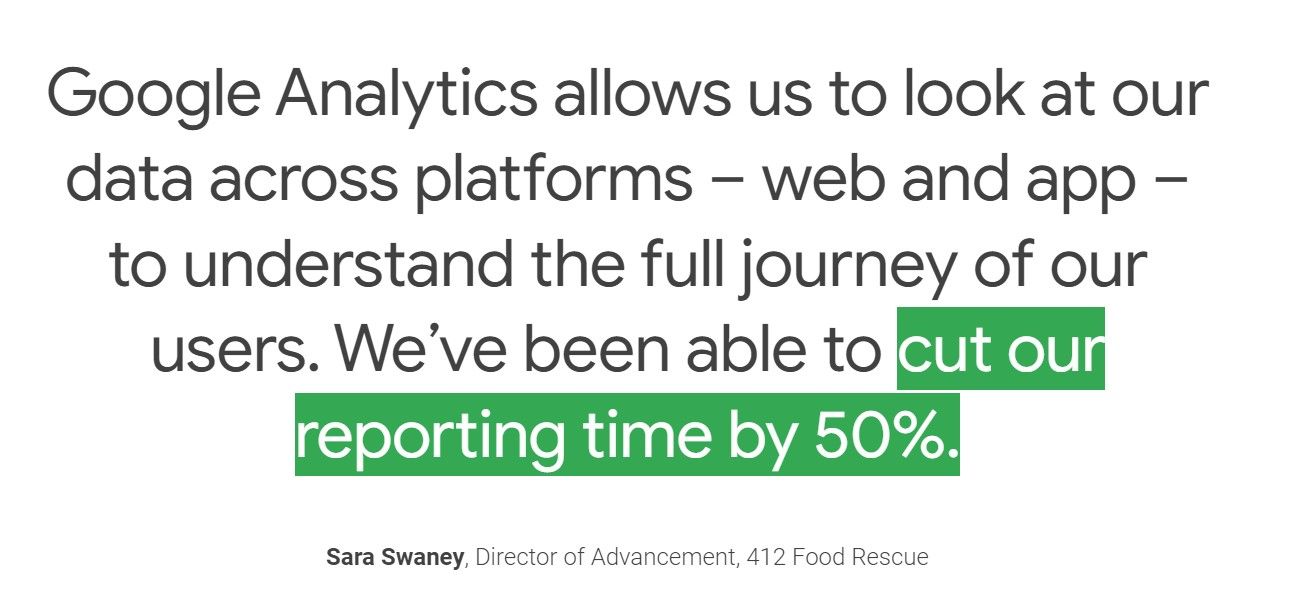
8. Professionalism in your business approach
As an online store owner, having a deep understanding of the products you sell is crucial. Your knowledge should surpass that of your customers. While the internet allows users to find information about products on their own, it's much more convenient for them to communicate with a knowledgeable professional who can promptly answer their questions. Additionally, consider incorporating useful content on your online store's website to address customer inquiries and provide answers without them having to resort to external search engines or video platforms like Google or YouTube before making a purchase decision.
9. Visual content
The visual aspect plays a vital role in driving purchases on any website. A lengthy block of plain text is likely to discourage potential buyers, as it requires significant effort to search for necessary information within it. It's much more user-friendly to first present the product visually and then provide its description and specifications. Ensure that your product images are aesthetically pleasing and of high quality. Using photos taken with outdated mobile phones won't do justice to your products.
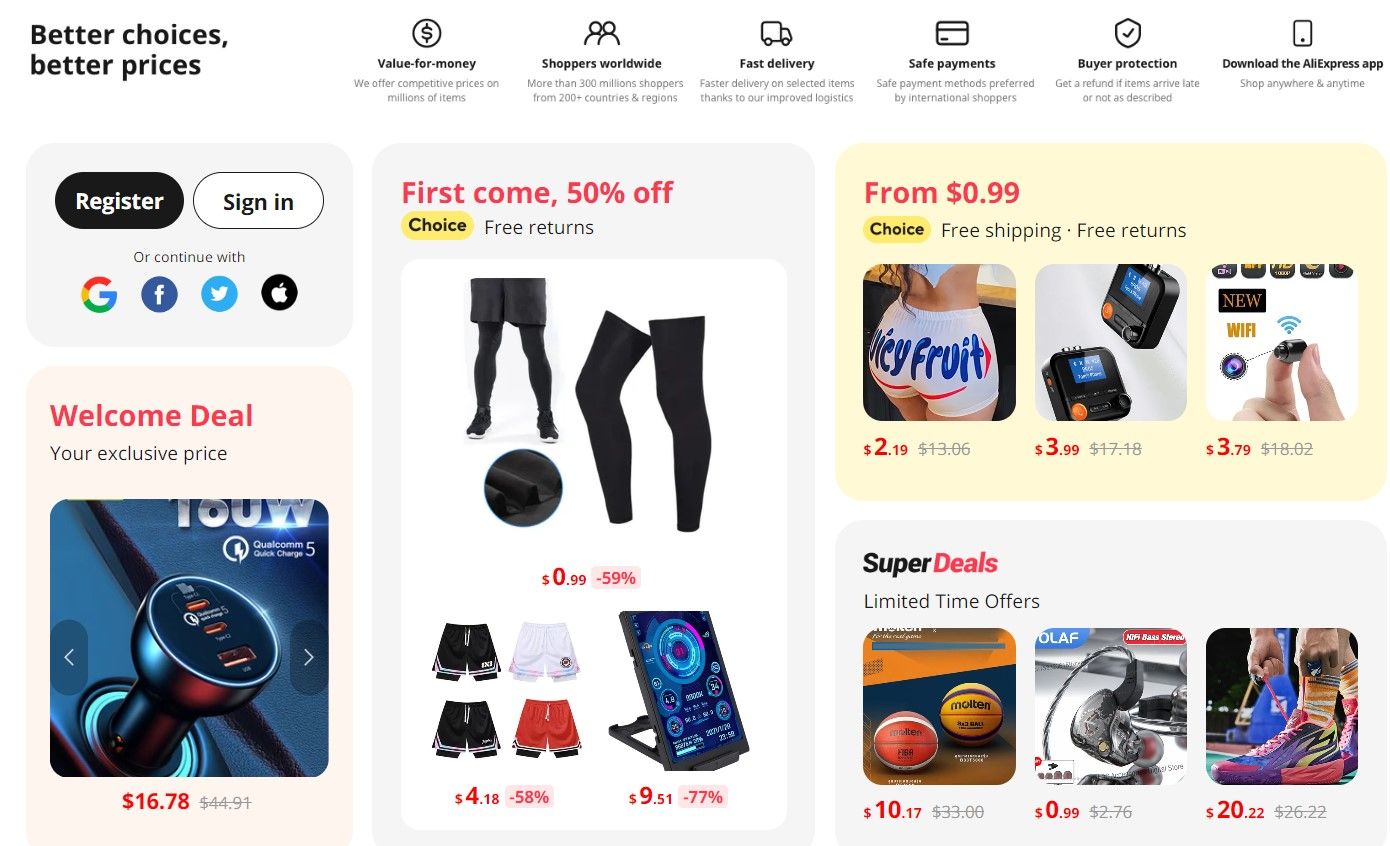
10. Referral program
You don't necessarily need to establish an affiliate program and seek out affiliates to promote your products through their websites. Instead, you can offer a discount to customers who refer others to your store. This approach has several benefits:
- Satisfied customers are likely to share the offer with their friends and family.
- Those who receive the referral may become interested and visit your site.
- Ideally, your online store will gain new customers through this referral system.
11. Continued communication with the client
After a client makes a purchase and pays for the product on your website, it's important to maintain communication with them. If the client has agreed to provide their personal data, you can obtain their consent to send emails through a convenient channel, but be mindful not to exceed a certain frequency. It's crucial to prioritize the client's preferences and avoid reminding them of your business more often than they are willing to hear from you. Many stores make the mistake of bombarding their customers' mailboxes and instant messengers with messages about "advantageous offers," which often leads to their emails being marked as spam. Always put the client first.
12. Blog
Consider starting a blog if you have interesting stories to share about your website, products, and online store. Some people may not appreciate advertising mailings, but they enjoy reading stories from individuals who are passionate about something. By starting a blog, you can generate more interest in your business and potentially attract additional clients who share your interests and passions. The key is to engage the readers without pressuring them into making purchases through aggressive advertising.

13. Integration with social networks
Many users dislike the hassle of registering on multiple store websites. To address this, it's beneficial to incorporate the option for users to create a personal account through social media or other platforms where they already have accounts. By offering a "Log in with..." feature, users can easily access all the functions and product catalogs on your site. Additionally, don't forget to include "Repost" and "Share" buttons to facilitate integration with social networks. If a user likes a product, they can share a link to your online store on their page, providing additional advertising and expanding your reach.

14. Easy to order
Simplicity and convenience are paramount when designing the product order form on your online store website. Nowadays, many people have become accustomed to convenience and are unwilling to go through unnecessary steps, even when shopping online. Ideally, the order form should consist of only two fields: name and a communication channel for order confirmation. The address field should be optional, as it can always be clarified later via phone or messenger. Complex and lengthy order forms often deter potential clients from completing their purchases, so streamline the process as much as possible.
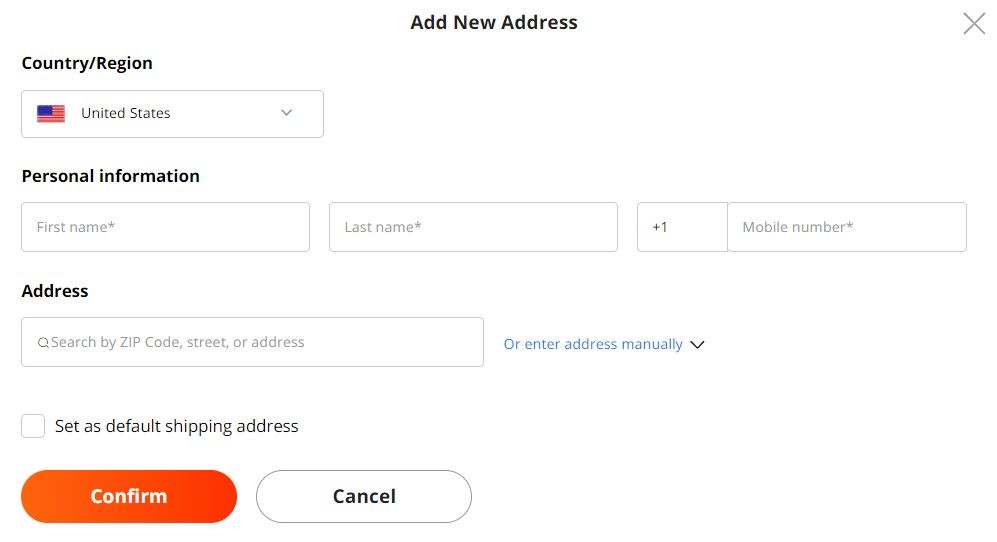
15. Competitive advantage
Having a competitive advantage is crucial for attracting customers to your online store. This advantage can take various forms, such as offering free delivery of goods or providing free shipping for orders above a specific amount. You can also offer discounts and promotional codes for registration or repeat orders. The key is to ensure that the client perceives your offerings as convenient and advantageous.

16. Trust and Reputation
Trust and reputation are invaluable assets that cannot be bought but must be earned. By prioritizing the comfort and satisfaction of your clients, you can cultivate a loyal customer base who will recommend your site to their friends. Demonstrating care for your customers can take many forms, such as allowing them to choose their preferred communication channel or offering favorable conditions tailored to their needs and the specific products they require. A personalized approach and a strong customer focus are crucial for achieving success.

17. Testing
Testing and experimenting are important for understanding the market and your target audience. Try out different designs for the shopping cart, homepage, product catalog, and order form. Show these variations to customers at different times and collect enough data for analysis. Compare the performance of different designs and choose the ones that work best. Remember that customers' preferences may be different from your own, so be open to making changes based on data and feedback.
18. Assortment
The Pareto principle, also known as the 80/20 rule, applies well to sales. Typically, the majority of income comes from a small percentage of products that constitute around 20% of the entire assortment. Therefore, it's wise to replace unpopular products in your warehouse with those in high demand. Consider organizing sales and promotions on your website to generate interest and boost sales. Customers are more inclined to purchase items at a discount, even if they don't necessarily need them at the moment.
19. Collecting feedback
Collecting feedback from customers is important for understanding their preferences and improving your online store, website, and products. However, be mindful of when and how you ask for feedback. Calling customers on weekends or in the evening might annoy them. Instead, consider sending email questionnaires or using messaging platforms with a link to a survey. Offering incentives or bonuses for leaving reviews can also encourage customers to provide feedback, as people generally like to be rewarded for their time and effort.
20. Payment methods
Offering different payment methods on your website makes it easier for customers to complete their purchases. Consider accepting credit cards, installment plans, cash on delivery, and even cryptocurrency. Working with banks and payment processors can help you expand the range of payment options available to your customers. Display clear and noticeable payment widgets on your website to build trust with your customers.
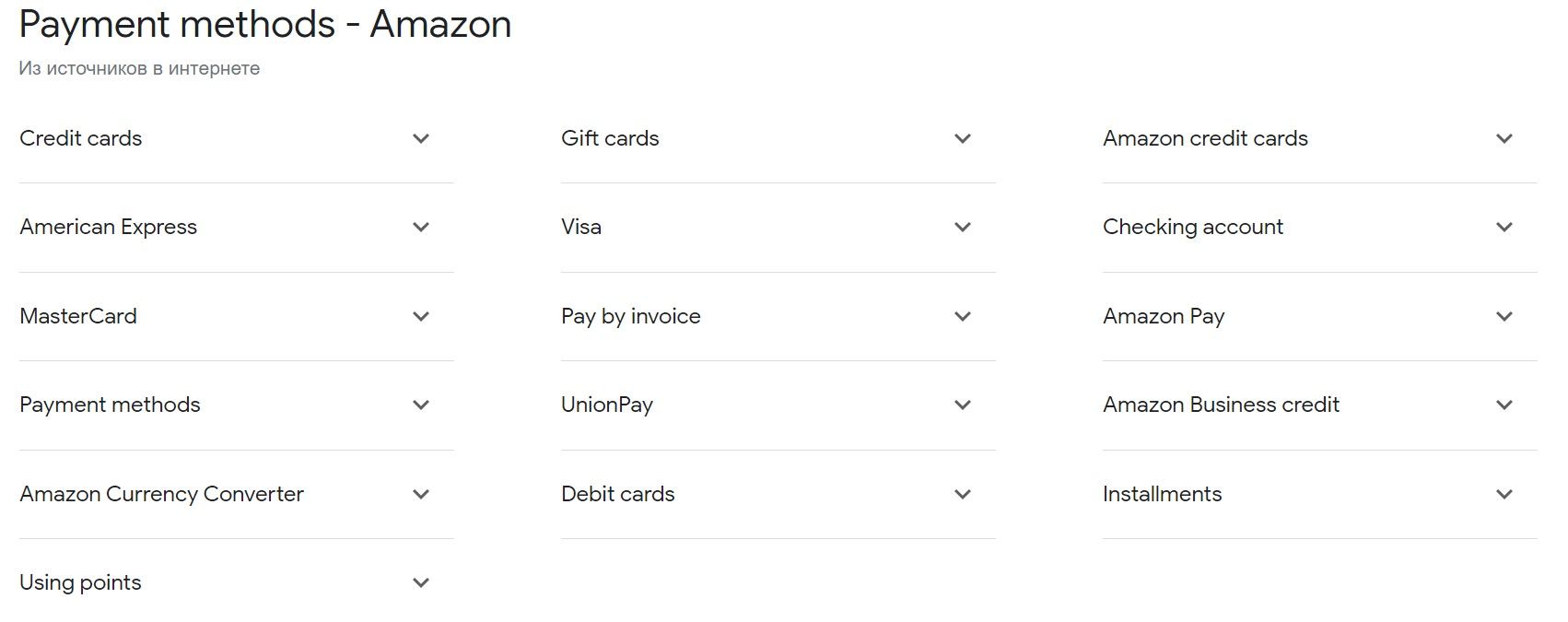
21. Negotiating with suppliers
Being able to negotiate well can often lead to increased sales on your website. This mainly applies to working with suppliers. If your supplier has increased prices on the product that's most important to you, try reaching out to their competitors. There's a good chance that one of them will offer more favorable conditions for your first cooperation. However, keep in mind that this doesn't apply to goods that are produced by only one or two companies. In those cases, negotiations won't help.
22. Upsells
To do this, you'll need to create a recommendation system on your website. For example, if a buyer orders a camera from your online store, you can show them a section in their shopping cart titled "You may also need..." with offers to buy a lens, tripod, camera case, or memory card. And don't forget to offer a discount on the second product. When it comes to clothing, it's even easier. You can suggest jewelry and small wardrobe items that are either in season or out of season but at a big discount.
23. Cost of goods
One of the most important factors for users when choosing an online store is the price of the goods. Why pay more if your competitor has the same thing but a bit cheaper? Many different aggregator sites allow users to compare prices almost instantly. So when you're setting prices, make sure to conduct market research and justify your prices to the buyers. Describe the quality characteristics of your product and explain why it's better than your competitors'. And remember, it should be a meaningful explanation, not just "two new shades."
24. Team selection
The success of your entire business depends on the people who work with you and for you. If they are motivated and know that you won't abandon them or let them down, they will likely work effectively. In this case, corporate jokes like "our company is a family, only dysfunctional" definitely won't apply to you.
25. Honesty
If you deceive your customers with a product, they won't come back to your website again. Yes, it might help you make money in the short term, but definitely not in the long term. Therefore, the most honest and truthful answers to customer questions, as well as an honest attitude towards them and fulfilling your obligations to deliver goods, will be the best advertisement for you as a business owner.
Conclusion
And if you need more traffic to attract customers to your online store, MyBid offers various advertising formats. Specifically, we offer a fully managed advertising system where you'll be assigned a personal manager who will assist you in launching all your advertising campaigns.
This is a large, but not exhaustive, list of what a good online store should have. If you come across something new, make sure to try implementing it on your website and compare the results after some time. We're confident that you'll be pleasantly surprised in the end. If you're considering launching your own store, be sure to use our list to attract more users.
